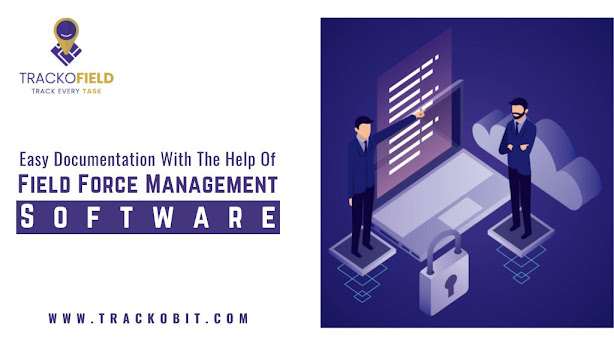Importance Of Route Deviation Alerts From Your Fleet Management System?
One of the primary solutions offered by Fleet Management Software is Route Planning Solutions. And you know what is a big part of these solutions? Route deviation alerts! Yes, it might seem like a very small feature of overall vehicle management solutions, but it plays a huge role when it comes to the bigger picture of saving resources.
Wondering how huge an impact route deviations can have on fleet management? You’re in the right place since this article talks about exactly that!
What Are Route Deviation Systems and Alerts?
Route planning or route management solutions in fleet management software include route deviation systems.
Fleet managers may design the most effective route for their vehicles from the beginning to the finish of deliveries with the aid of the larger route planning solutions. Route deviation is a part of that bigger solution that enables them to track and notify drivers in real-time when they stray from the planned route.
The right fleet management solutions will help you decide whether you want your route deviation alerts accurate to 10 meters, or if you want alerts only when the vehicles are way out of their designated routes.
What Technology Builds Route Deviation Alert Systems?
GPS tracking is the main piece of equipment that fleet managers use to find any route deviations. But adding GPS trackers to your system alone won't be enough either. To accurately detect route deviation in your fleet, you'll need GPS tracker hardware, GPS tracking software, and a reliable route planning system.
Are Route Deviation Alerts a Big Part of Fleet Management Systems?
There are three segments that define route management solutions from fleet management software:
Route planning
Route tracking
Route deviation
Route deviation might seem like too small a tool when looked at this way. However, you must understand that route deviations are the make-or-break features of a route management system. Moreover, route management is a make-or-break system in fleet management software. Without route deviation, even the best fleet management software might fall short.
How Do Frequent Route Deviations Affect My Fleet?
Solutions for route planning assist in choosing a fleet's most efficient route in terms of time, traffic, fuel, and route safety. Therefore, fleets that frequently deviate from a predetermined route:
Use more fuel than anticipated,
Undermining the targeted fuel economy
By choosing time-consuming or congested routes for deliveries, you waste time.
When fragile or susceptible cargo enters dangerous locations, be vulnerable to theft and misconduct. Additionally, drivers might stray from the planned route to use the fleet in an unauthorised manner. Such use will be regarded as theft and cost the fleet valuable resources.
What Are Route Optimisation Systems in Fleet Management Solutions?
Route optimization solutions are offered by only the top fleet management software providers. These tools, which are comparable to route planning solutions, support managers in organising, monitoring, and controlling routes in accordance with several resource optimisation parameters including time, fuel, and safety. Any deviations from the path a manager has established using route optimization software will be immediately noted.
Summing Up
Until you read this article, route deviation management seemed a little too minuscule a feature of fleet management software, right? Well, we’re glad to know that you’ve changed your mind now. So, if you’re looking for a fleet management software system that will give you route optimisation solutions and route deviation alerts at its finest, you should check out TrackoBit, India’s fastest-growing telematics software.
Source: Are Route Deviation Alerts Imp. In Fleet Management Systems?



Comments
Post a Comment